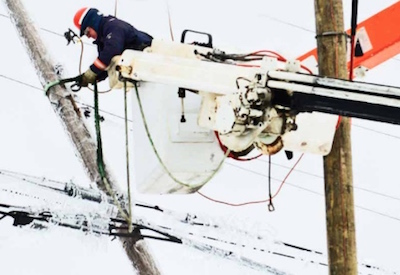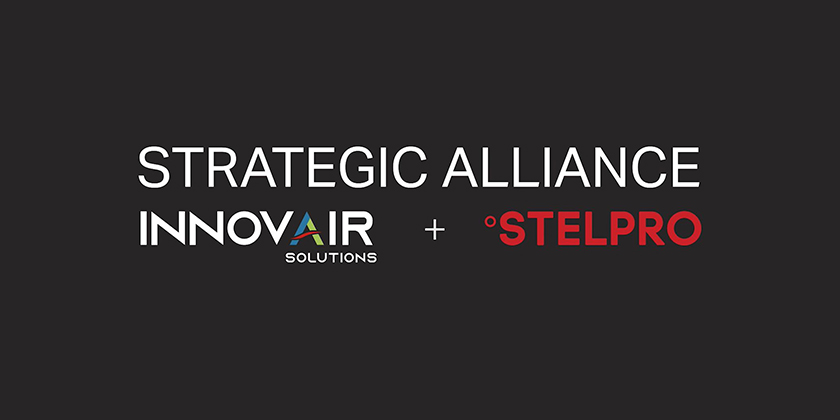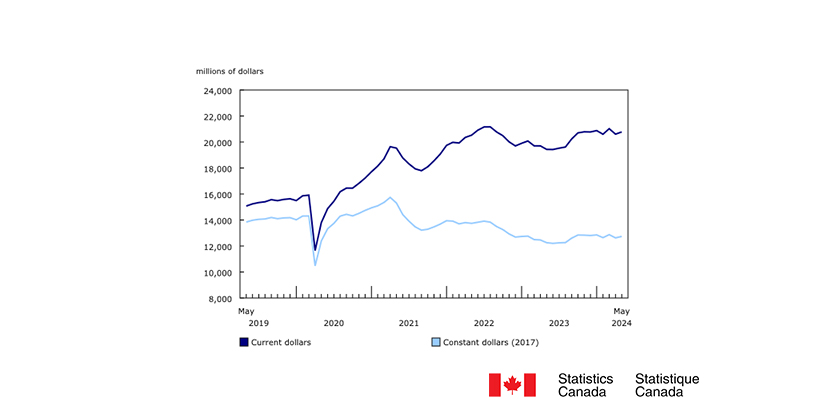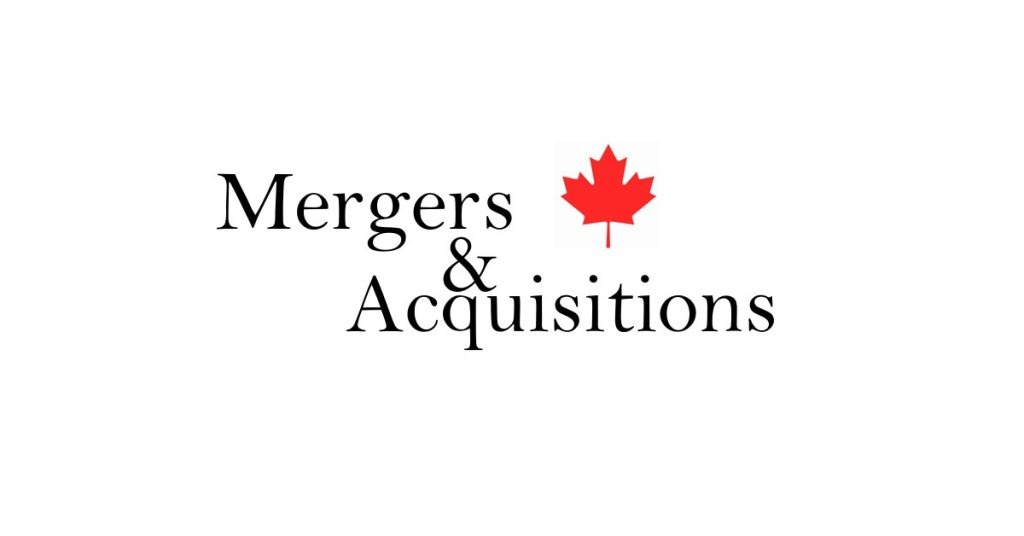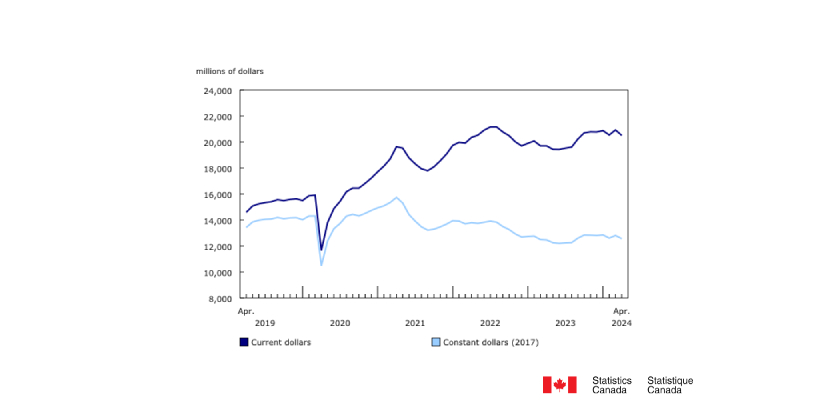CUTRIC Report Reveals Renewable Natural Gas as a Solution to Decarbonizing Transit Fleets in Canada

July 6, 2022
Public transit is one of the most common modes of transportation in big cities. These vehicles are predominantly powered by fossil fuels that are most often diesel. Diesel is one of the most polluting fossil fuels and consists of an entire fuel supply chain that is carbon intensive.
To counter the pollution of fossil fuel powered vehicles, significant attention has been given to electric vehicles (EVs) because they do not emit harmful gases from their tail pipes. In this sense, CUTRIC regularly advocates for cleaner transit with the adoption of battery-electric buses (BEBs) and fuel cell electric buses (FCEBs). However, a less explored option that can outperform BEBs and FCEBs exists. Compressed natural gas (CNG) buses operating using renewable natural gas (RNG) can be cleaner and cheaper to operate than BEBs and FCEBs.
CNG buses have already been disseminated in the transit industry with the utilization of fossil fuel natural gas. If those buses are powered with RNG, transit can be simultaneously cleaner and cheaper. The RNG fuel has the potential of being zero-carbon or even carbon-negative depending on the methods of production because its production can offset both the tailpipe emissions and the emissions of other human activities, as explained in this report.
The RNG/CNG knowledge gathered through transit industry experience should be transferable to other applications as well. Heavy-duty transportation in general and specific markets such as refuse trucks could reinforce the strength of the industry, contributing to a further improvement of the business case of RNG as a carbon-neutral solution.
Download the report HERE.



